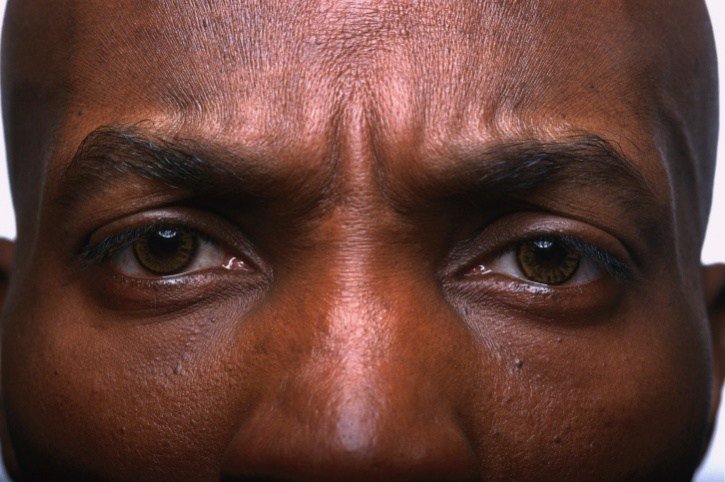What Causes Dry Eyes?
Generally, dry eyes are the result of not enough tears. Other than temporary reasons, such as being in a very dry environment, several things can cause insufficient tears. These include:
- The aging process
- Tear glands damaged by infections or inflammation
- Decongestants, antihistamines, antidepressants, hormone replacement drugs, drugs for high blood pressure, and birth control pills
- Vitamin A deficiency, diabetes, rheumatoid arthritis, lupus, Sjogren’s syndrome, Parkinson’s disease, and thyroid disorders
Your tears are made up of oils, water, and mucus. These are produced by glands that surround the eye. If any of these components are missing, or not in the proper proportion, you could experience symptoms of dry eyes.
As the causes for this imbalance vary, treatment can take many forms. Doctors usually recommend artificial tear eye drops, Restasis drops, or steroid drops. Procedures suggested may include punctal plugs, warm compresses, LipiFlow, Lacrisert, and intense pulsed light.
Relief For Dry Eyes
According to allaboutvision.com, these are some dry eye remedies you can try:
- Blink more often when watching a computer or digital device screen.
- Take more breaks from your computer.
- Remove eye makeup thoroughly. Eye makeup can clog the opening of the meibomian glands, which produce an oil that prevents evaporation of tears.
- Rinse your eyelids before bedtime. This removes bacteria which can cause blepharitis.
- Wear good quality sunglasses that block UV light. Wrap-around styles are best for blocking dust that can irritate your dry eyes.
- Drink more water.
There are also Omega3 nutritional supplements which may relieve your dry eye symptoms. These are derived from fish or flaxseed oils. A solution for dry eyes may take some time, so it is important to be persistent.
For more information, contact the Michigan Eye Institute today at (810) 484-0435.
Comments are closed.



